Parenting Scripts for Instant Calm
Proven phrases that turn meltdowns into cooperation
Drawing on Michaeleen Doucleff ‘s Hunt, Gather, Parent.
3 min read
Lessons from Inuit Parents on Stop Being Angry
Ever melted down in front of your toddler, only to watch them mirror that exact outburst minutes later? Inuit families, living in some of the planet’s most unforgiving conditions, discovered long ago that anger doesn’t help anyone survive, let alone thrive.
This post spotlights their radically gentle blueprint, and it reads like a master-class in emotional regulation.
The Inuit “Golden Rule”
Never yell at a child.
Elders repeat this mantra as readily as an ancestral story. Many can’t recall a single moment when their own parents raised a voice at them. Yelling is seen as both unproductive and demeaning, a fast way to shut down conversation rather than solve the problem.
Why Yelling Backfires
It disconnects, it doesn’t correct.
Raise your volume, and a child’s ears switch off. Inuit parents have watched this play out for generations; modern psychologists confirm it. When children hear shouting, they learn to tune out, or shout right back.It teaches the wrong lesson.
Kids learn by imitation. Blow up in frustration and you’re essentially giving them step-by-step instructions on how to blow up, too.“Mild” punishments still bruise trust.
Even Western staples like time-outs feel harsh in Inuit culture because they hinge on social isolation. The goal is repair, not rupture.
A Brief Guide to Anger-Free Parenting
When children spiral into chaos, anger may feel instinctive. Inuit households reveal that steady calm diffuses conflict and strengthens connection. The outline below distills their method in practical form.
Two Key Steps to Cut Reactive Anger
1. Go quiet.
Close the mouth. When frustration rises, pause and observe. Even well-meant words can add tension and prolong a tantrum.
Step away if needed. A brief physical break lets the surge of anger fade and signals that the behaviour is not acceptable without confrontation.
2. Feel less anger in the first place
Question the usual Western story.
We are told kids “push buttons,” “test limits,” or “manipulate.” There is no scientific backing for any of that. They are cultural folktales that make staying calm harder.
Borrow the Inuit lens.
Inuit parents see children as rookie citizens, usually kind at heart, still learning how to act. Motives are assumed good; only the execution needs coaching.
Three Principles for Staying Calm
Expect imperfection.
Messes, rudeness, and half-finished chores are normal parts of development, not signs of bad parenting. A child who cannot yet regulate emotions is like one who cannot yet solve maths problems, the lesson comes later.Skip arguments with small children.
Debating an illogical mind wastes energy and teaches children to argue back. State the boundary once, then move on.Avoid forced compliance.
A belief shared by many cultures, especially hunter-gatherer communities: parents should invite cooperation, not impose it. Anthropologists trace this practice back tens of thousands of years, suggesting that gentle guidance is humanity’s original parenting script.Why Forcing Children Backfires
Intrinsic motivation withers.
When a task feels imposed, the natural desire to complete it disappears. Children focus on avoiding pressure rather than mastering the skill.The relationship frays.
Commands can spark arguments and mutual resentment, turning daily routines into battlegrounds. Over time, parent and child may feel like adversaries rather than allies.Decision-making stalls.
If every step is dictated, children miss chances to weigh options, make choices, and learn from the outcome. Independence is postponed.
Across societies, caregivers who rely on coercion often observe children growing up angry and dismissive of elders. The goal, therefore, is to avoid planting the seeds of lifelong conflict.
To explore the no-force approach further, see my post on Aaron Stupple’s The Sovereign Child:
Audio Summary
Visual Metaphors
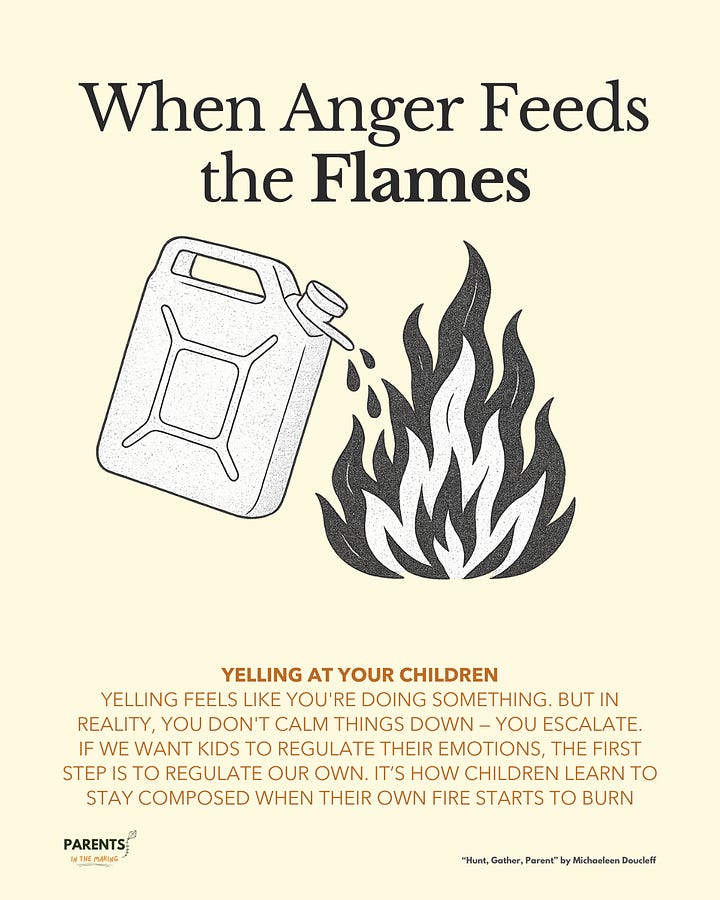

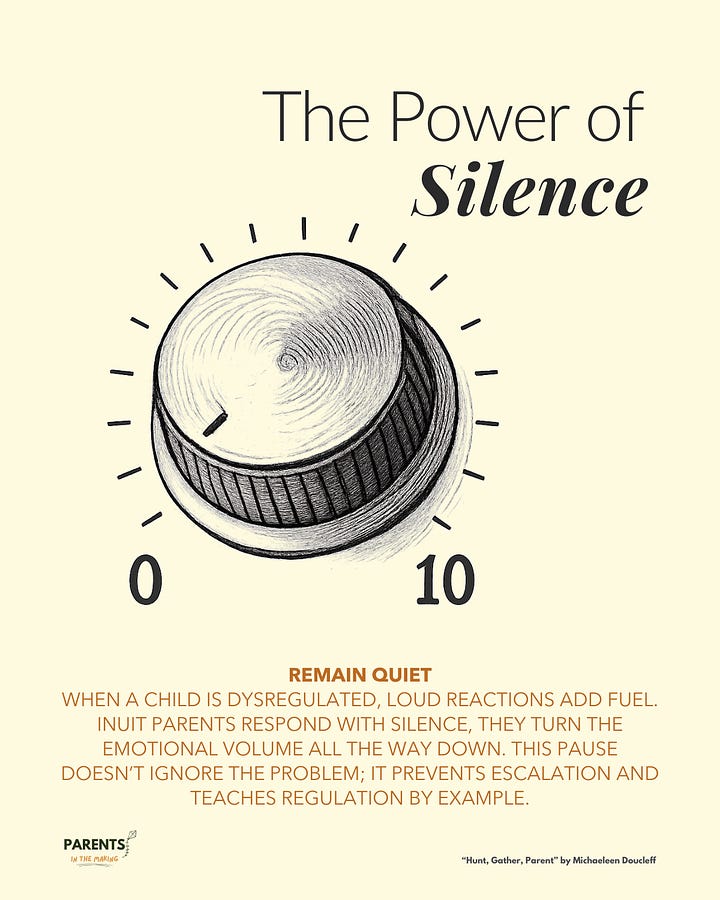
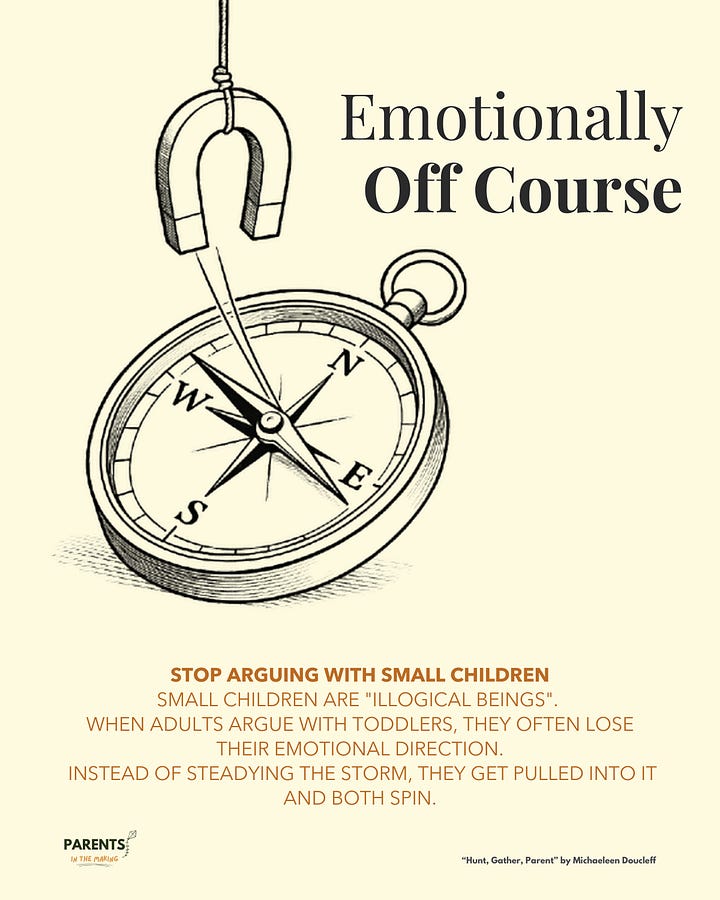
References
Doucleff, M. (2021). Hunt, gather, parent: What ancient cultures can teach us about the lost art of raising happy, helpful little humans. Avid Reader Press.



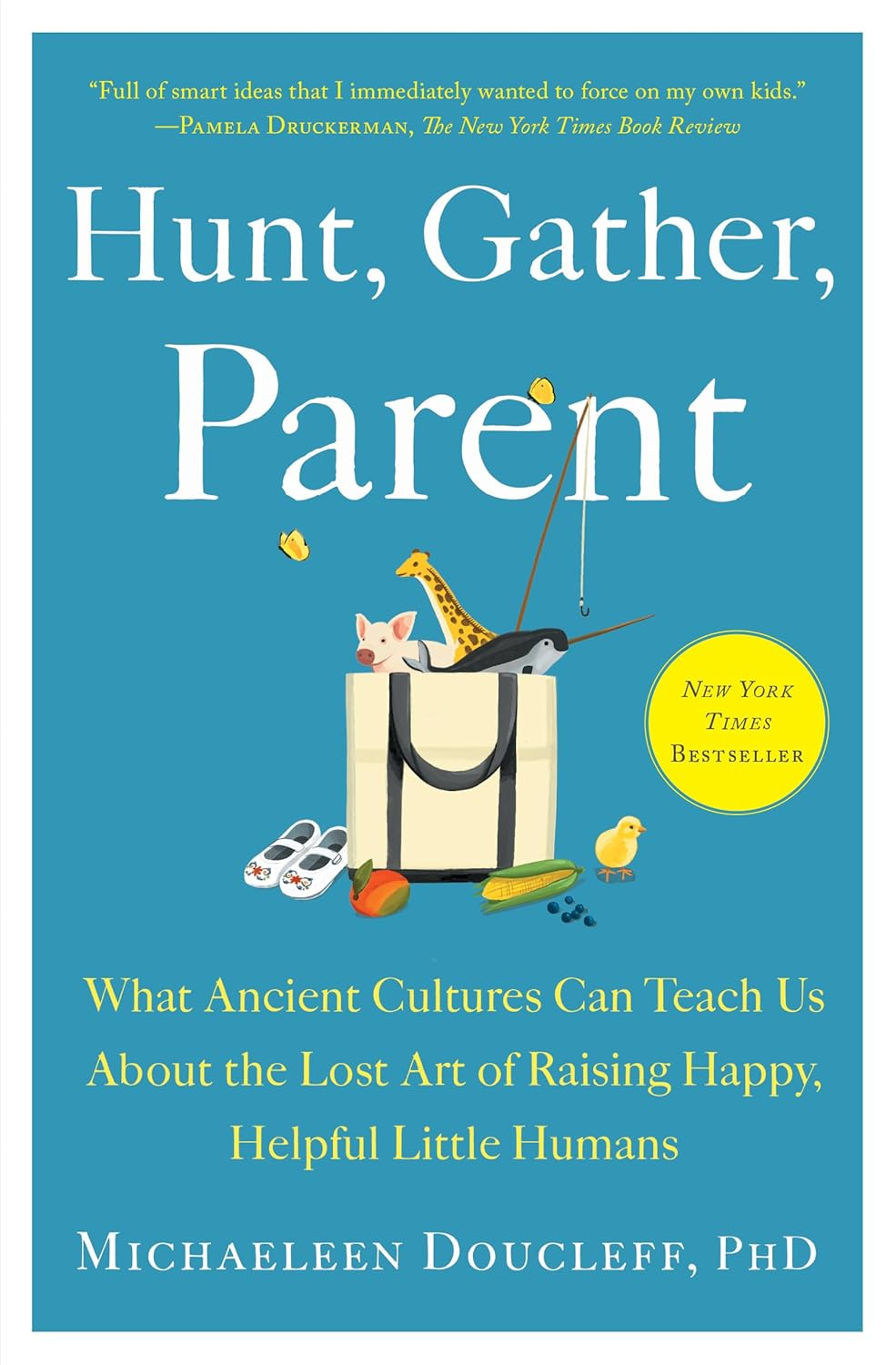
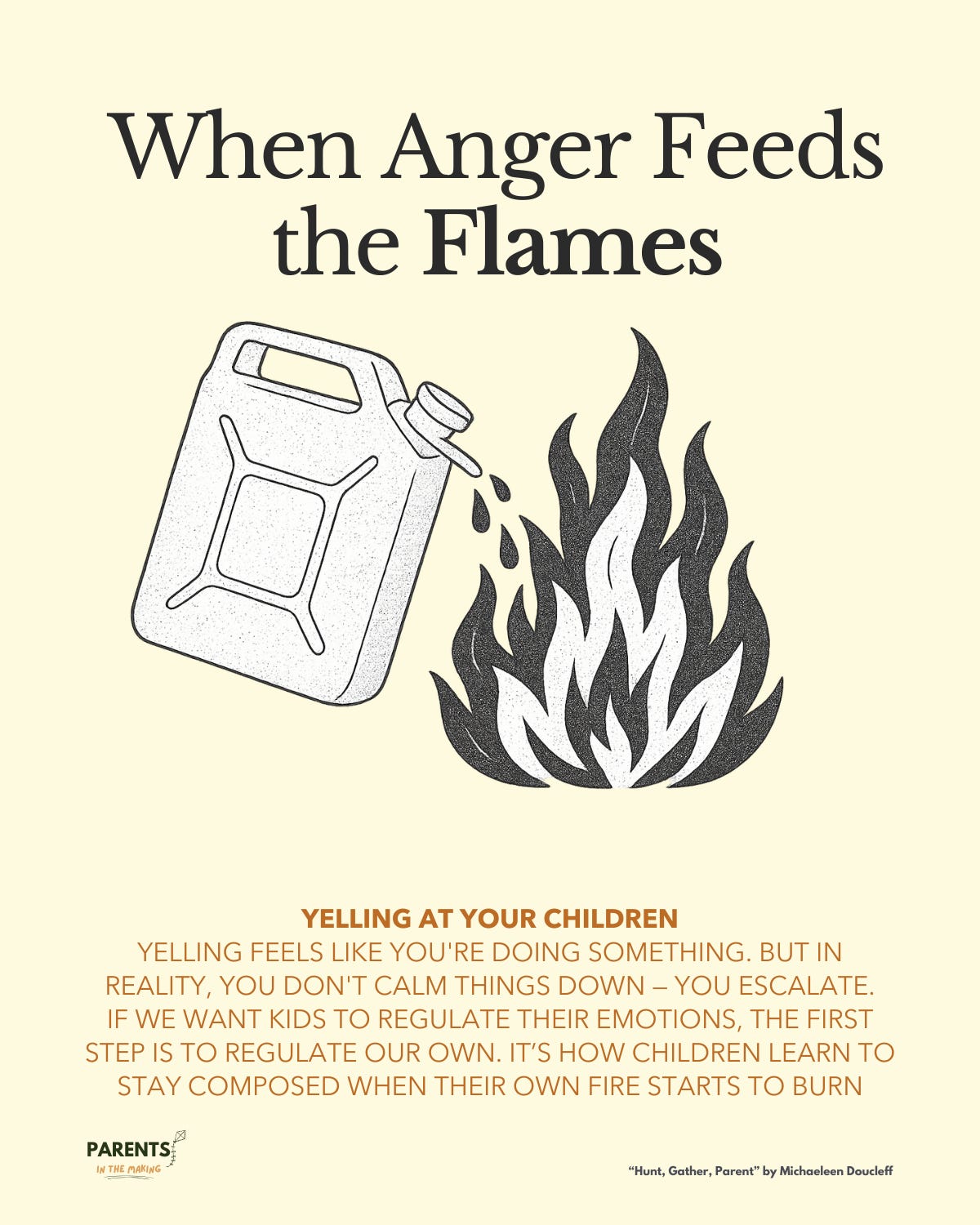
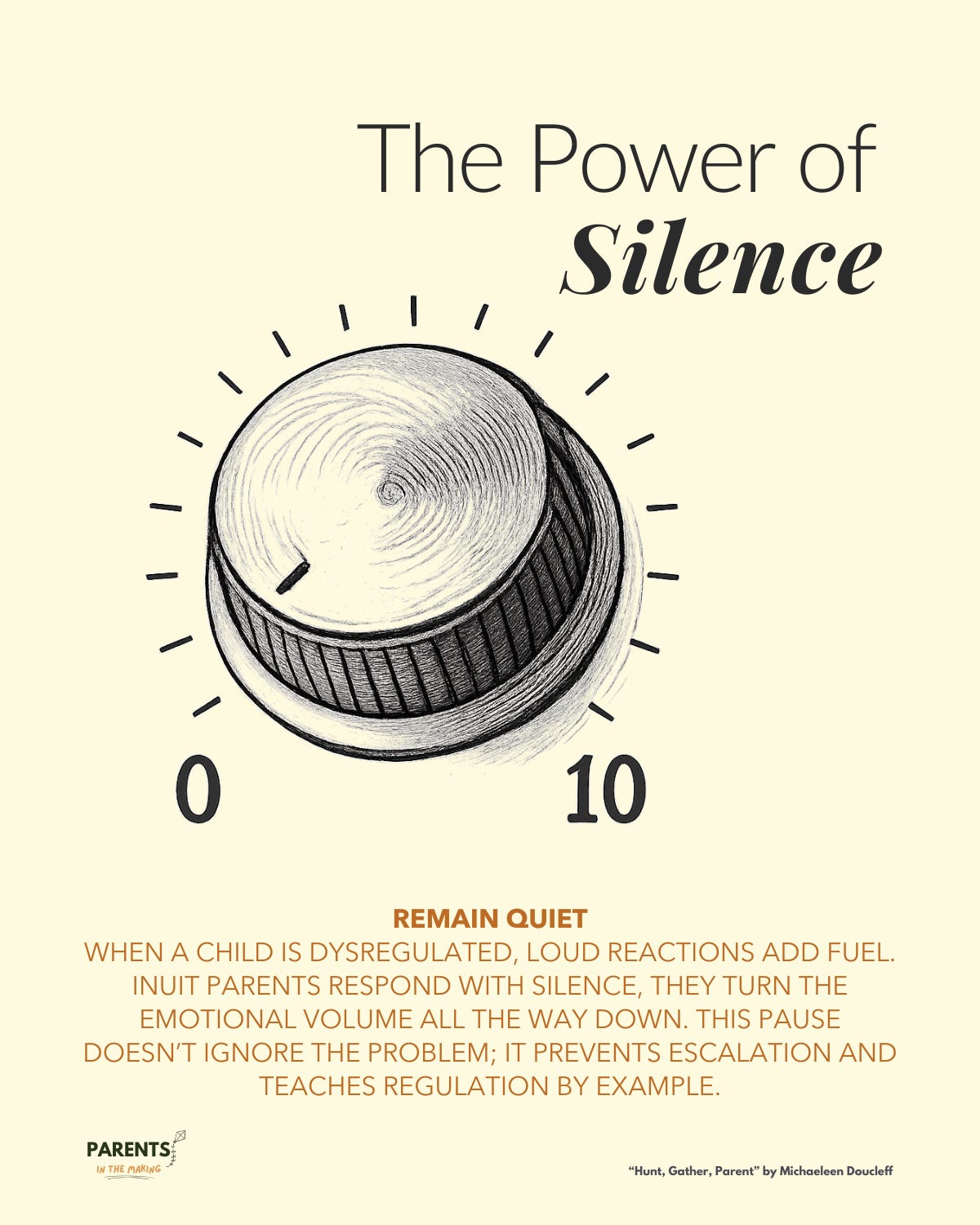


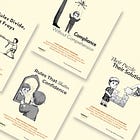
These are lessons I learned through 24 years of parenting my 3 children - it took that long. And my grandkids benefit. :-)